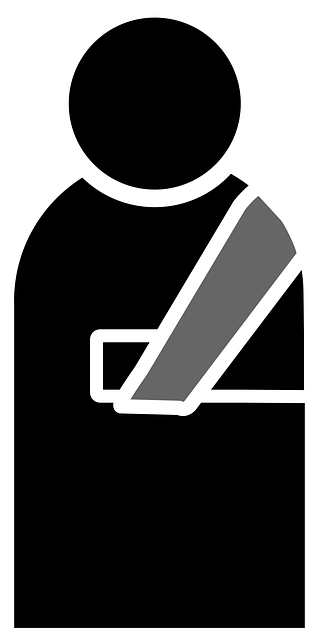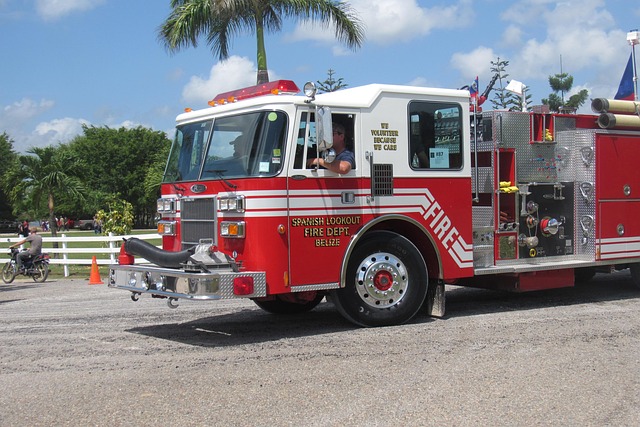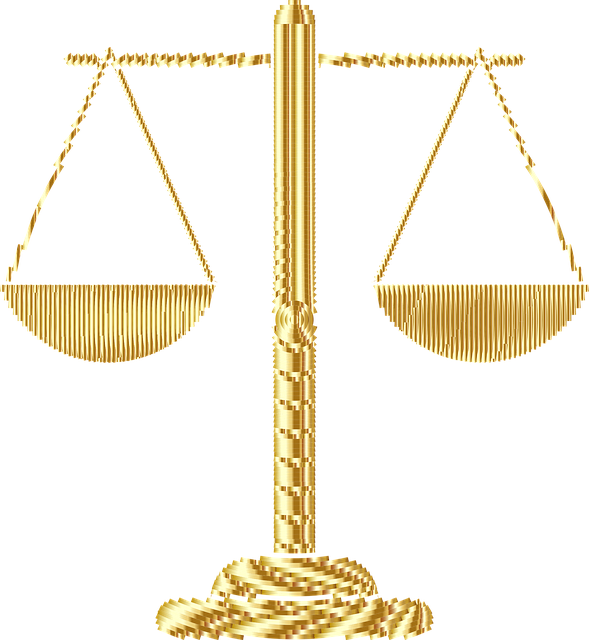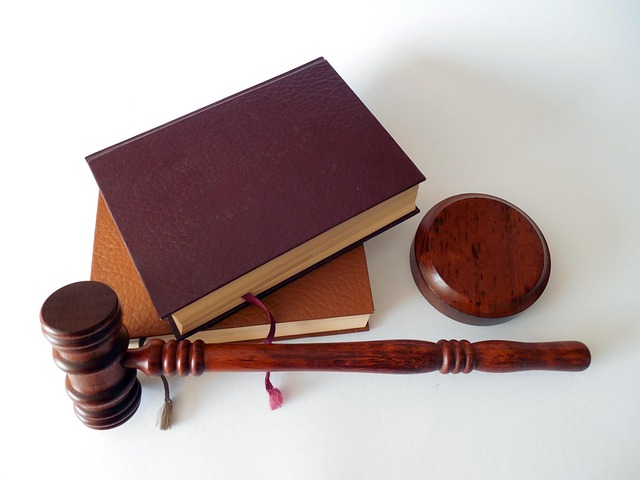Car accident fault determination involves a complex interplay of legal frameworks, evidence analysis, and stakeholder compensation. Key factors include witness statements, vehicle damage, driver behavior, and situational elements. Effective navigation of this process, especially in personal injury claims, requires understanding these complexities to ensure justice and fair compensation for victims.
In multi-vehicle accidents, determining fault is a complex process that involves understanding the dynamics of the collision and adhering to legal frameworks. This article delves into the intricate details behind assigning liability, exploring key factors and evidence that play a pivotal role in establishing blame. From unraveling the incident’s sequence to applying relevant laws, we guide you through the critical steps in car accident fault determination, offering insights into a crucial aspect of traffic litigation.
- Understanding Multi-Vehicle Accident Dynamics
- Legal Frameworks for Assigning Fault
- Factors and Evidence in Determining Liability
Understanding Multi-Vehicle Accident Dynamics
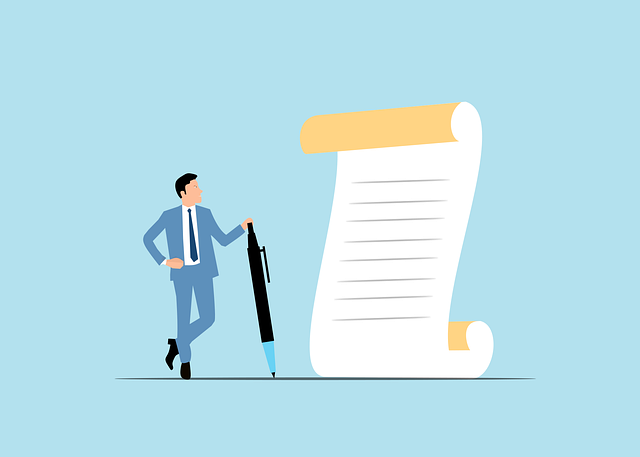
Multi-vehicle accidents are complex events that involve multiple parties and often result in severe injuries or even fatalities. Understanding the dynamics of such incidents is crucial in determining car accident fault, which forms the basis for legal proceedings and client recovery. These collisions can occur due to various factors, including driver error, vehicle malfunction, road conditions, or a combination of these elements. For instance, a driver’s failure to maintain a safe distance from other vehicles can lead to catastrophic outcomes when one vehicle stops suddenly.
Personal injury law firms often find themselves at the forefront of these cases, helping clients navigate through insurance coverage disputes. Establishing fault is an intricate process that requires examining evidence such as vehicle damage patterns, witness statements, and surveillance footage. Each party’s behavior and decisions preceding the accident are scrutinized to determine liability. This detailed analysis ensures a just outcome for victims and their families, aiming to secure the client recovery they deserve in the face of unexpected tragedies.
Legal Frameworks for Assigning Fault

In many jurisdictions, determining fault in a car accident is governed by a complex web of legal frameworks and statutes. These laws provide guidelines for investigating and assigning responsibility among involved parties. Typically, a successful car accident fault determination hinges on proving negligence, which involves showing that one or more individuals failed to exercise reasonable care, leading to an unforeseen harm or loss. This can include violations of traffic rules, driver inattention, or reckless behavior.
Legal systems often consider factors such as insurance coverage, witness testimonies, and physical evidence to construct a narrative of events. Property damage claims, lost wages claim, and other financial losses resulting from the accident play a significant role in the compensation process. These legal frameworks aim to provide a structured approach to resolve disputes, ensuring that those affected by multi-vehicle accidents receive fair and just recompense for their injuries and losses, be it through insurance settlements or litigation involving real estate litigation among various stakeholders.
Factors and Evidence in Determining Liability
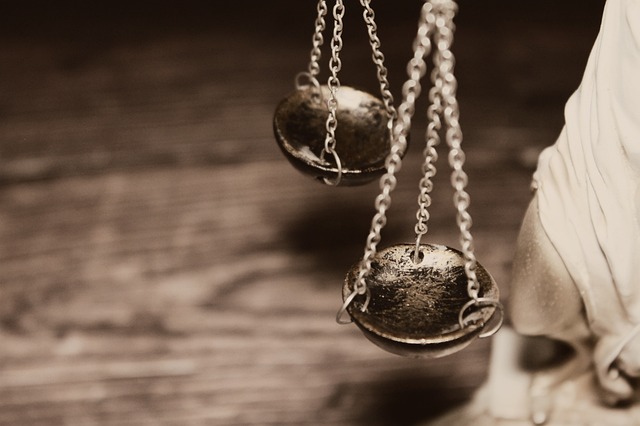
In multi-vehicle accidents, determining car accident fault involves a thorough examination of various factors and pieces of evidence. Key considerations include witness statements, vehicle damage patterns, and driver actions preceding the collision. For instance, if one driver ran a red light or failed to yield, these actions clearly indicate fault. Additionally, data from vehicle’s onboard diagnostics (OBD) systems can provide valuable insights into speed, braking, and engine performance at the time of the accident.
Other factors such as road conditions, weather, and mechanical failures also play significant roles in assigning liability. Medical records and reports from truck accident injuries or other incidents can be crucial evidence, especially when dealing with claims for compensation related to personal injuries. Similarly, product liability claims may require examining manufacturing defects or design issues that could have contributed to the accident. A competent medical malpractice lawyer would understand these intricacies and help navigate the legal complexities involved in multi-vehicle accidents.
Determining fault in multi-vehicle accidents involves a multifaceted approach, considering legal frameworks, accident dynamics, and various evidence. By understanding these factors, relevant laws, and available data, authorities can accurately assign liability, ensuring justice for all involved parties. Navigating the complexities of car accident fault is crucial to foster safety and provide proper compensation, making it a critical aspect in the post-accident landscape.
